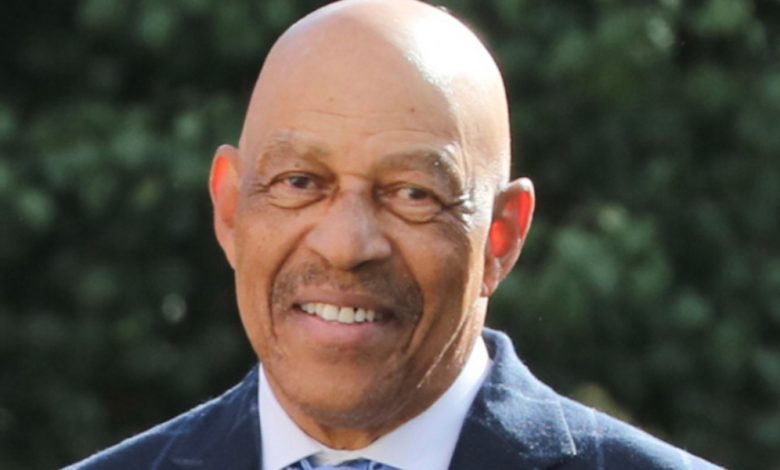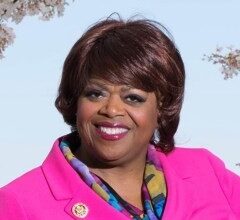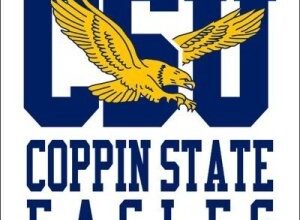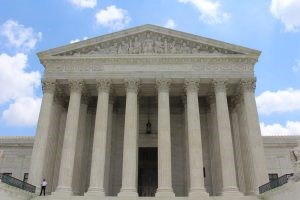
By Curtis Valentine
The African-American community’s fight for quality education requires constant dedication and reflection on successful strategies to educate our children. Donald Hense and the Friendship Charter Network is an example of success worthy of recognition.
Hense is the founder and board chairman of the Friendship Charter Network, the largest African-American-led charter school network in America. Hense’s accomplishment is significant, because, while over 80 percent of charter school students are Black or Latino, fewer than 10 percent of charter schools are founded and led by Blacks or Latinos, according to a study by the Brookings Institute.
Three-quarters of the students enrolled in Friendship schools in D.C. are from Wards 7 and 8, the city’s two poorest areas, and nearly all are African-American. Their achievement is reflected in their continuous improvement on standardized tests. Most recently, Hense and his team celebrated, when five of Friendship’s 12 D.C. schools were rated Tier 1 by the Public Charter School Board — the highest of three ratings a charter school can earn.
As a native of St. Louis and graduate of Morehouse College and Stanford University, Hense has long understood the power of a quality education. But for years he had no interest in working in K-12 education. He was serving as executive director of Friendship House Association, a non-profit serving low-income families in Washington D.C., when he was approached by an executive from a local charter operator about using Friendship House to charter a school. After some reflection, he agreed to transfer his experience fighting intergenerational poverty to the fight for quality public education.
Hense made history as the first African American to win a grant from New Schools Venture Fund, which supports charter school founders. Friendship was among the first group of schools chartered by the D.C. Public Charter School Board in 1998. Twenty years later, it has12 campuses for students in grades Pre-K3 to 12 in D.C., an online school, and schools in Baton Rouge, La., Baltimore, Md., and Little Rock and Pine Bluff, Arkansas.
Hense is proud of Friendship and of education reform efforts in Washington, but he is not ready to celebrate. “We declared victory too soon,” he says. “Fifteen years of education reform is not an institution.”
To Hense, the fight to reform school systems serving African-American students should include more leaders of color. For years, he held a monthly meeting of black charter school leaders in D.C. to talk about their experiences and discuss lessons learned, but it ‘fizzled out’ after young leaders lost interest. “We brought in second and third generation [leaders] and forgot to show them that [African-Americans] need to work together to get things done,” he says. “New [leaders] have to participate in black organizations.”
In spite of a few setbacks, Hense is still dedicated to supporting African-Americans interested in opening their own charter schools. The greatest obstacle to their success, he believes, is lack of experience in management. A potential founder needs “a good plan and a good board of directors. It’s best to go in [to the charter application process] with a strong [management] team.”
Fortunately, there are positive examples of young, African-American charter school founders to emulate. In 2017, Dominique Lee of BRICK Avon Academy in Newark, New Jersey won a Promise Neighborhood grant from the U.S. Education Department. Dominque aims to use the grant to educate 3,000 students in Newark over the next few years, making BRICK the state’s third-largest CMO and the only one led by a person of color.
Hense recommends that other African Americans interested in starting charter schools apply for funding from the New Schools Venture Fund or for charter school design grants from Friends of Choice in Urban Schools (FOCUS), if they are in D.C.
At 75, Hense says he is not done. The Friendship Education Fund continues to identify opportunities to replicate their model around the country. Friendship’s goal is to bring what Hense and his team learned in Washington to the countless districts struggling to grow African-American student achievement. As DCPS welcomes a new chancellor with experience championing school choice, there may be new opportunities in D.C. as well.
This article is a part of The “Reinventing America’s Schools” series. This series highlights Change Makers from our community who are walking reflections of what’s possible when we place Accountability and Autonomy at the forefront.
![]()










